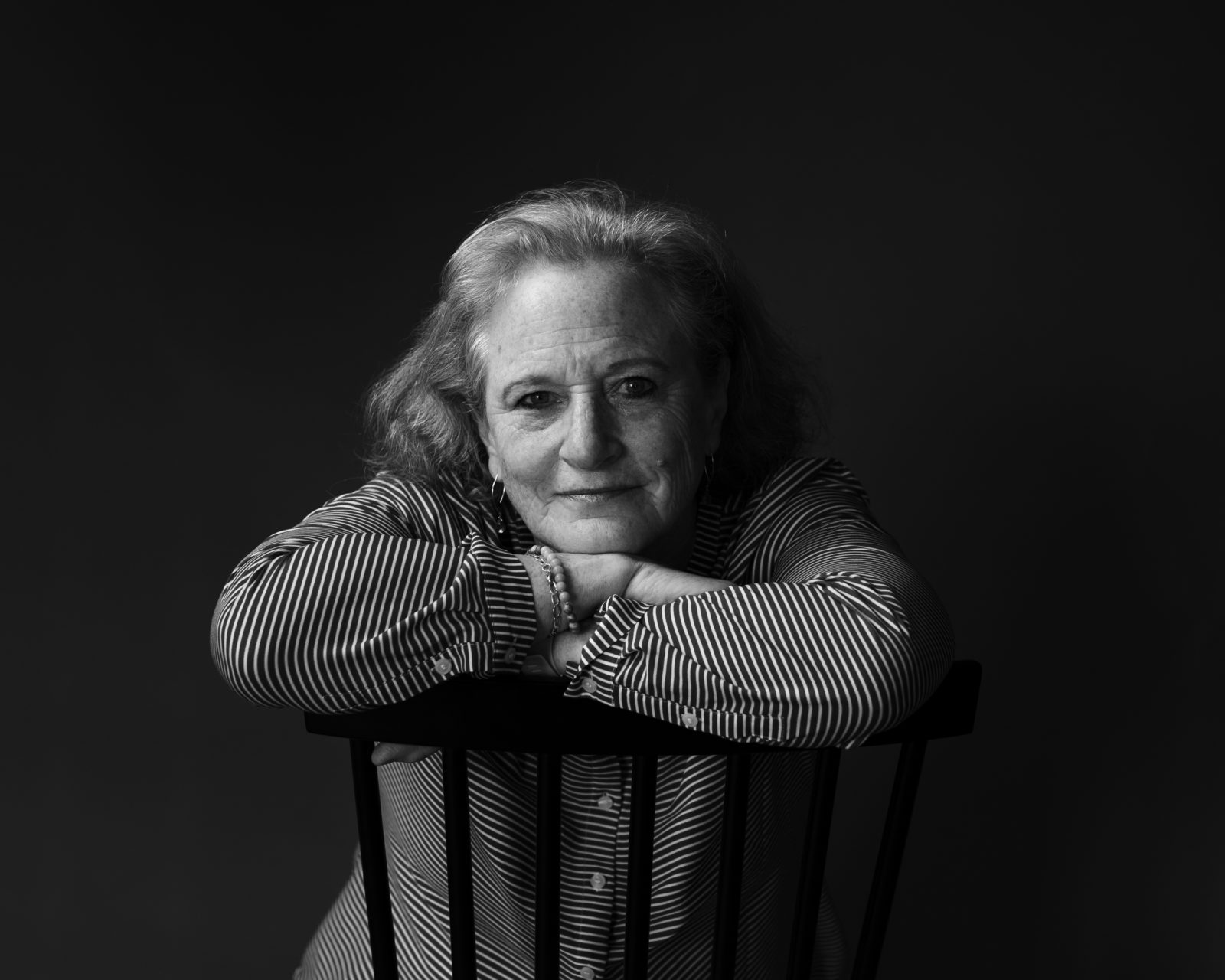Andrea Douglas guest blog: Inadequate breast screening is costing women’s lives

Today I listened to Howard tell his wife?s story. I don?t know Howard. Or his wife. I don?t know their last names. I was listening to CBC Radio?s Ontario Today episode called, ?What?s wrong with breast cancer screening in Ontario?? Howard had called in. It was a story of loss. So, I cried. I cried not only for his grief, but for his anger – an anger I share – over arcane breast screening guidelines that likely were responsible for her breast cancer being found so late. Too late. She had wanted to get screened in her 40s. But her requests were denied. When she turned 50 and finally had her first mammogram, her breast cancer was already stage 3 but quickly became metastatic.
?I know if it had been caught earlier, she?d still be with us,? said Howard. Heartbroken. In 2011, Canadian breast screening guidelines were changed to recommend mammogram screening begin at age 50. Some provinces continue to recommend screening for women 40 and over. Not Ontario.
This week, Dr. Jean Seely and Dr. Anna Wilkinson of the University of Ottawa/Ottawa Hospital co-published a study with Statistics Canada that confirms the harm of our Canadian breast screening guideline
?We?ve known for a long time that there were flaws from old data,? said Dr. Seely. ?What we were seeing didn?t make sense. Women in their late 40s were presenting with late-stage cancer?and dying.?
One of the most significant things their study found was that in the provinces that weren?t screening before age 50, there was a 10 percent rise in metastatic cancer in women in their 50s. Coincidence? Nope. Sound scientific fact.
Let?s remember the Task Force that recommended these original guidelines had NO scientists or doctors who specialize in oncology or even breast cancer specifically. As Dr. Wilkinson pointed out: ?Covid has made us rethink the importance of experts. Imagine if we were trying to figure out what to do with Covid without any public health experts or epidemiologists guiding us??
This study, published in the latest issue of Current Oncology, shows screening women starting at age 40 saves the greatest number of lives ? that there are higher rates of early stage breast cancer and lower rates of later stage breast cancer, including metastatic, in women in their 40s and 50s.
?It?s not just an academic question, it?s about saving lives,? says Dr. Wilkinson. ?In younger women, breast cancer is the most common cause of death.?
And there?s more to this story. We also need to learn about our breast density, though typically that?s been something you only learn about AFTER you are diagnosed with breast cancer. Dense breast tissue is white?.and guess what? So is cancer. So, women with extremely dense breast tissue often have clear mammograms ? because it?s like trying to find a snowball in a snowstorm.
Host of Ontario Today, Amanda Pfeffer, asked how a woman knows if she has dense breasts. Great question. And there?s the catch. Breast density isn?t something you OR your doctor can see or feel. Only a mammogram can determine your density. So, if you don?t have a mammogram when you?re 40 (and keep in mind that the rate of high density is higher in younger women) then you don?t know that you need further screening like ultrasound or MRI.
Seventeen percent of breast cancers are diagnosed in women in their 40s. Screening in Ontario is permitted at age 40, yes, but you are not part of the Ontario Breast Screening Program until you reach 50. So, you need to ask your family physician (and we all have one of those right???) for a referral. And, as was the case with Howard?s wife, many doctors deny those requests because the antiquated and factually flawed guidelines say it?s not necessary.
About six years ago, I started a breast cancer peer support group in Ottawa, and I also coordinate one-on-one peer support (with the help of many wonderful volunteers) for newly diagnosed women. I have met too many young women this way. They are in their 20s. In their 30s. At my last support group meeting, three 37-year-olds were present. That hurts.
I was diagnosed 8 years ago at age 54, just eight months after a ?clear? mammogram. How did that 2.6 cm lump appear so quickly? It didn?t. It was hiding. Because my breasts were dense.
Often the first thing you hear someone say who has been diagnosed with breast cancer is ?But there?s no family history.? And that?s a VERY common misconception. As Dr. Seely says, less than one to two per cent of breast cancers develop in the ?high risk? population. Simply being a woman is the risk for getting breast cancer. And there?s a higher risk in those with dense breasts.
?We cannot limit screening to just women with risk factors. We?ll miss 80% of women that way,? says Dr. Seely.
Is there a cost to more screening? Sure. We don?t live in a fantasy world. But what we do know is that advanced breast cancers are far more expensive to treat than early stage.
Wake up Ontario. Are we really too cheap to deny women life saving screening when not to do so ends up costing so much more? And I don?t mean only the financial cost.
Dr. Wilkinson said that Howard?s wife was likely one of the numbers in this study.
And that?s the crux of this issue.
Howard?s wife was not just a number.
This study cannot be swept under the rug. Advocate. Scream it from the mountain tops. Tell your friends. Talk to the politicians. We need to do something now. We need to include women in their 40s in Ontario?s screening program. And we need to be told about our breast density. Now.
Andrea Douglas
